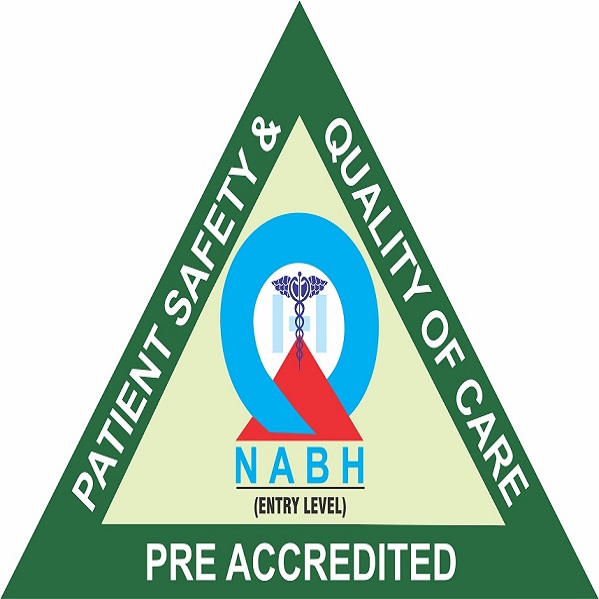Navigating Menopause: Evidence-based Approaches for Gynecologists by Dr. Sonali Agrawal

Introduction
Menopause, a natural and inevitable phase in a woman’s life, often comes with a myriad of physical and emotional changes. Dr. Sonali Agrawal, a respected gynecologist, understands the importance of navigating this significant life transition with evidence-based approaches. In this article, we explore Dr. Agrawal’s insights into the challenges and solutions surrounding menopause.
Understanding Menopause
Menopause typically occurs between the ages of 45 and 55, marking the end of a woman’s reproductive years. It is characterized by a decline in estrogen and progesterone production, leading to various physical and emotional symptoms. Dr. Sonali Agrawal highlights that while menopause is a natural process, its impact can vary widely among women.
Common Menopausal Symptoms
Menopause can bring about a range of symptoms, including hot flashes, night sweats, mood swings, vaginal dryness, and changes in libido. These symptoms can significantly affect a woman’s quality of life, making it essential to address them effectively.
The Role of Hormone Replacement Therapy (HRT)
One of the key evidence-based approaches in managing menopausal symptoms is Hormone Replacement Therapy (HRT). Dr. Agrawal emphasizes that HRT involves the use of estrogen and, in some cases, progesterone to alleviate symptoms. It can be administered through various methods, including pills, patches, creams, or vaginal rings. However, HRT is not without risks, and its use should be carefully considered, taking into account an individual’s medical history and preferences.
Non-Hormonal Options
For women who cannot or prefer not to use HRT, several non-hormonal options are available to manage menopausal symptoms. These include lifestyle modifications, dietary changes, herbal supplements, and cognitive-behavioral therapy (CBT). Dr. Sonali Agrawal emphasizes that non-hormonal approaches can be effective for many women and may provide a safer alternative for those with specific medical conditions.
Bone Health and Cardiovascular Health
Menopause also brings an increased risk of osteoporosis and cardiovascular disease. Dr. Agrawal underscores the importance of bone density assessments and cardiovascular risk evaluations during menopause. Lifestyle measures, such as a balanced diet, regular exercise, and adequate calcium and vitamin D intake, are crucial for maintaining overall health and mitigating these risks.
Individualized Care
Dr. Sonali Agrawal advocates for individualized care plans, recognizing that menopause affects each woman uniquely. An evidence-based approach involves thorough evaluation, including a medical history, physical examination, and assessments of specific symptoms. Treatment plans should be tailored to address a woman’s unique needs and preferences.
Psychological Support
Menopause can also impact a woman’s emotional well-being. Dr. Agrawal highlights the importance of psychological support, including counseling or support groups, to help women navigate the emotional challenges that may accompany this life transition.
Conclusion
Navigating menopause requires a holistic and evidence-based approach that takes into account the physical, emotional, and psychological aspects of this significant life transition. Dr. Sonali Agrawal’s commitment to providing gynecological care that is rooted in evidence and tailored to individual needs ensures that women can face menopause with confidence and a high quality of life. By embracing evidence-based approaches and recognizing the unique experiences of each woman, gynecologists like Dr. Agrawal play a crucial role in promoting the health and well-being of women during this transformative phase of life.
For more info. please visit : https://www.ahrihospital.com/



